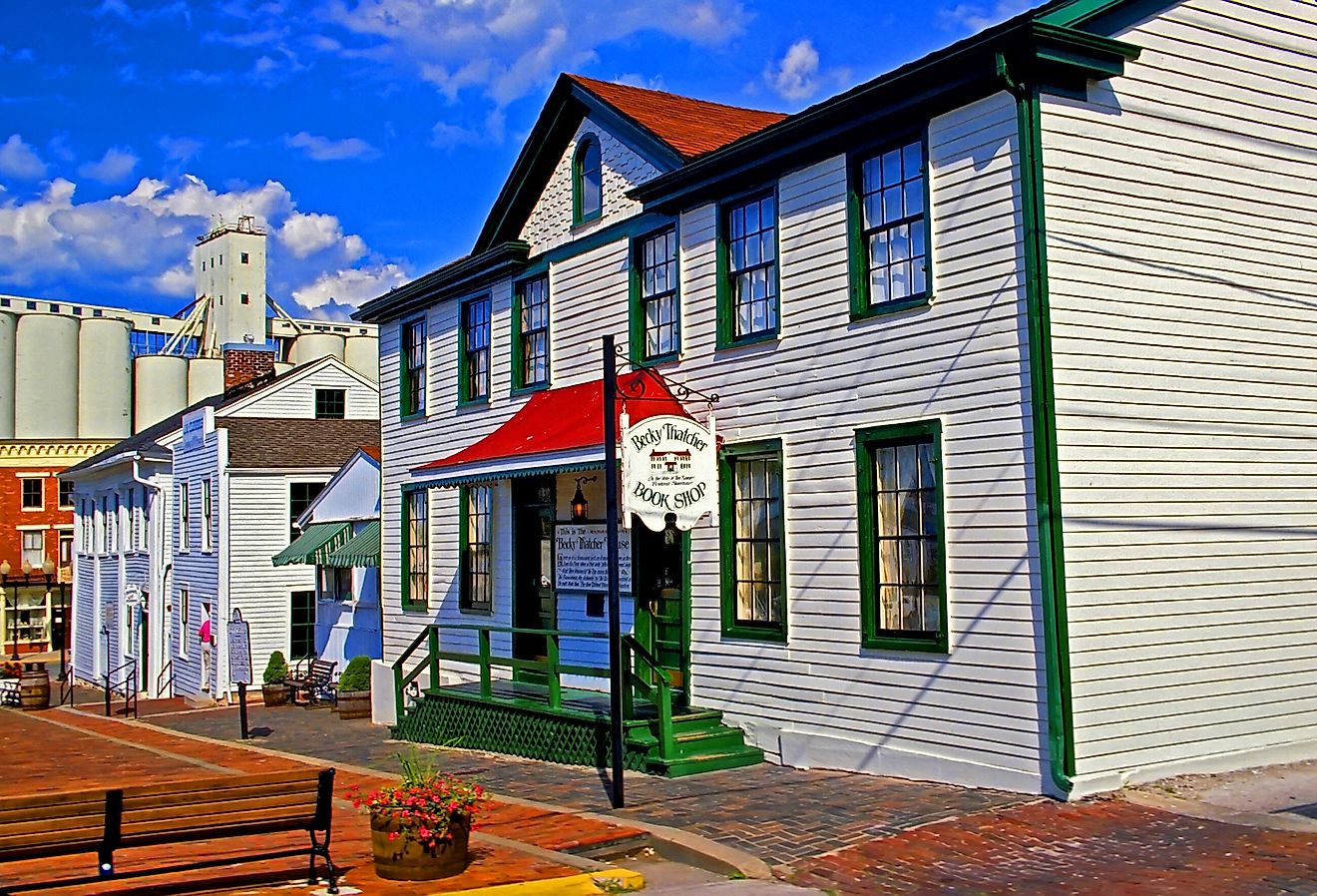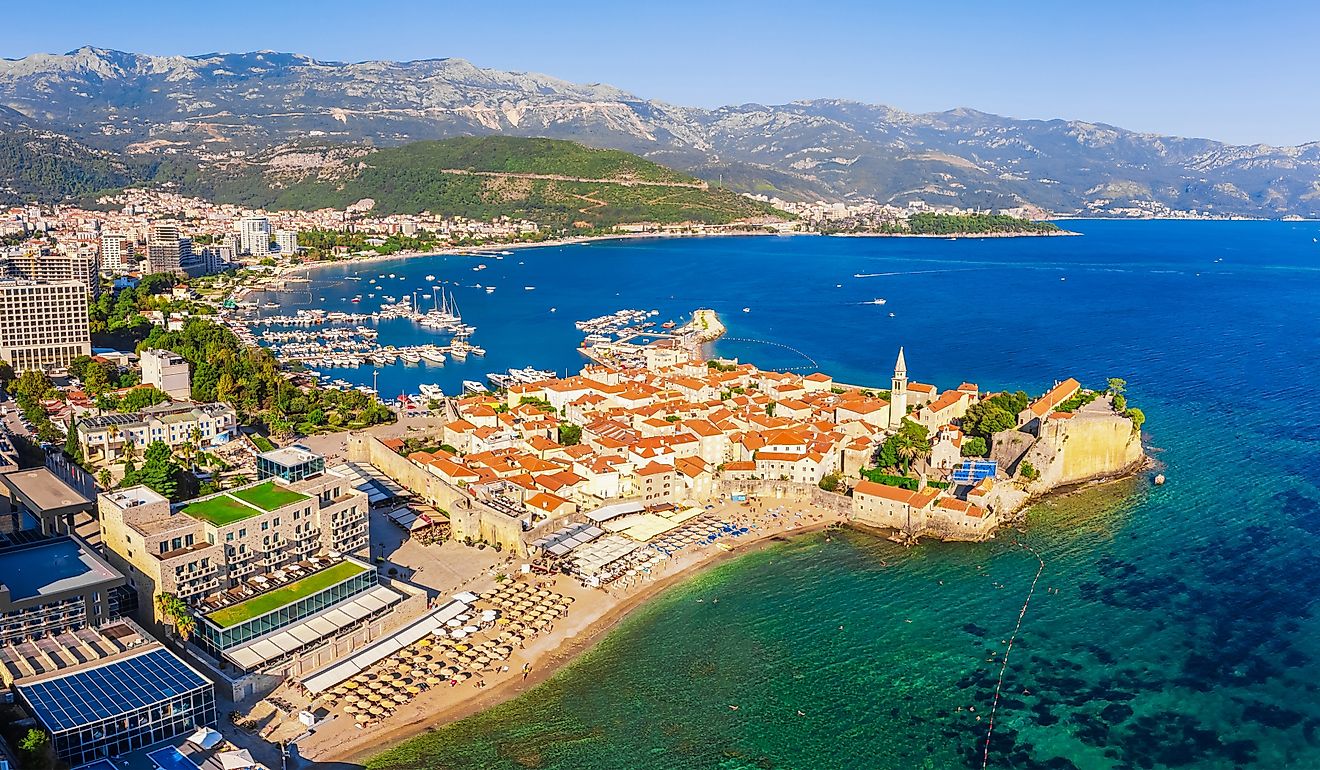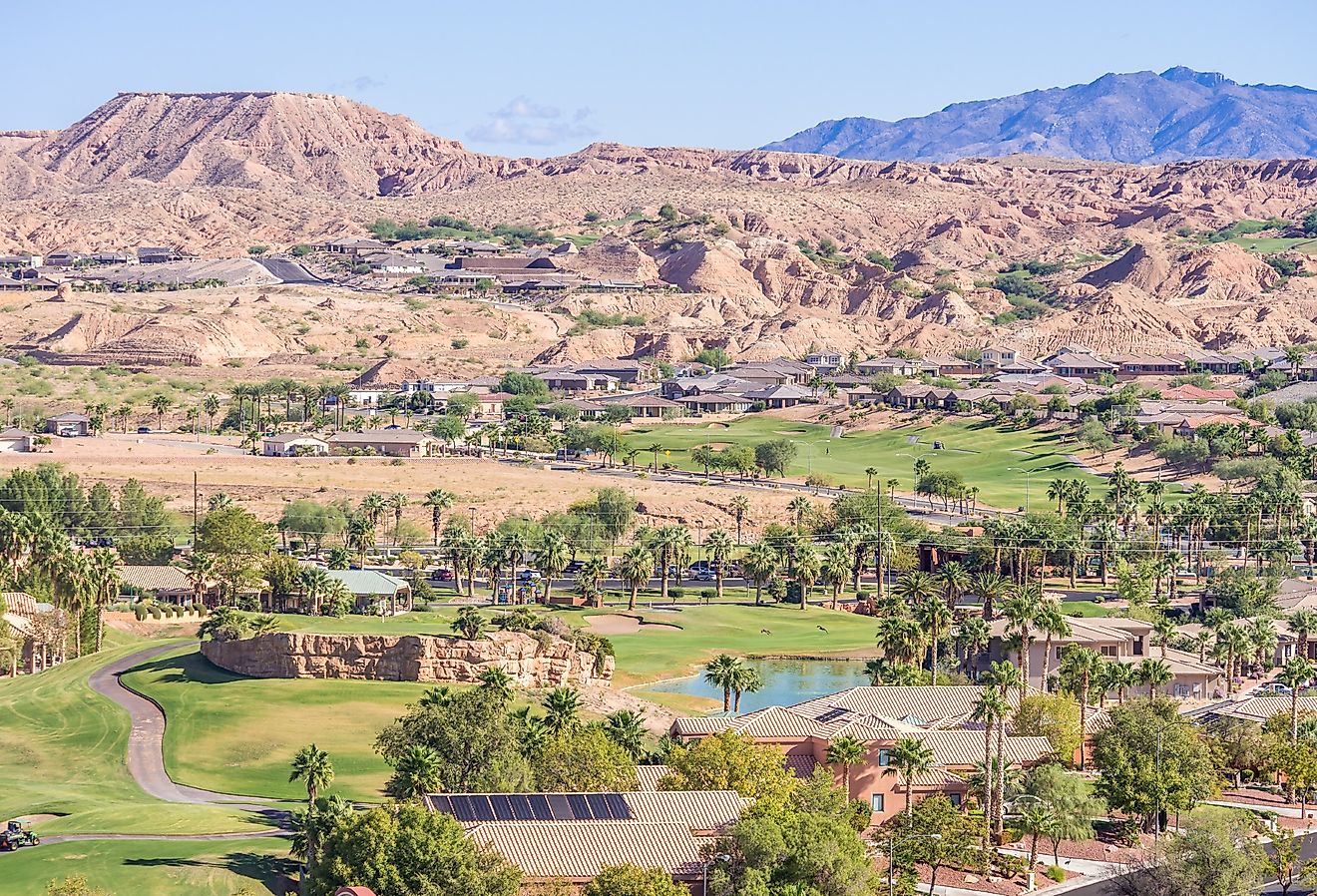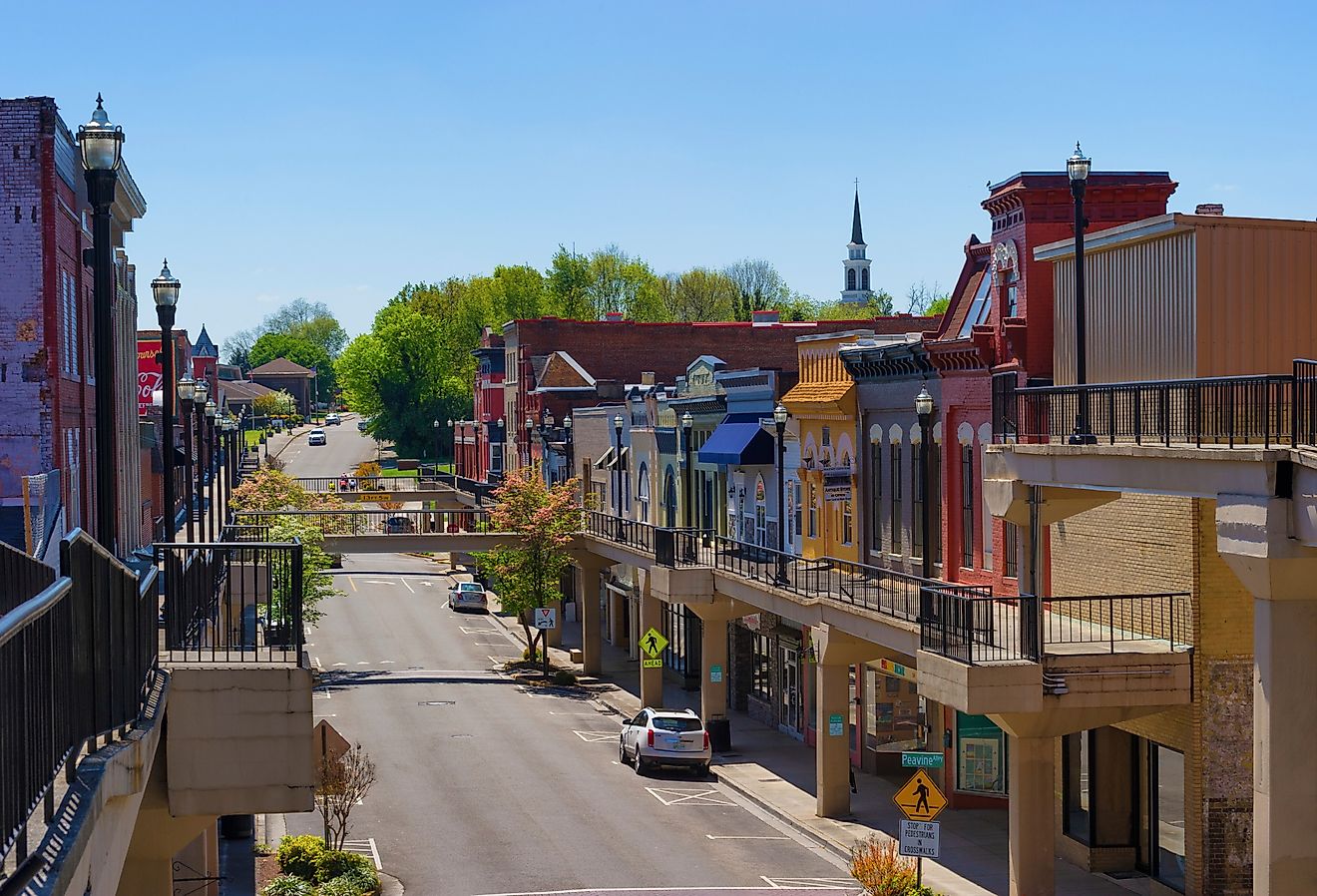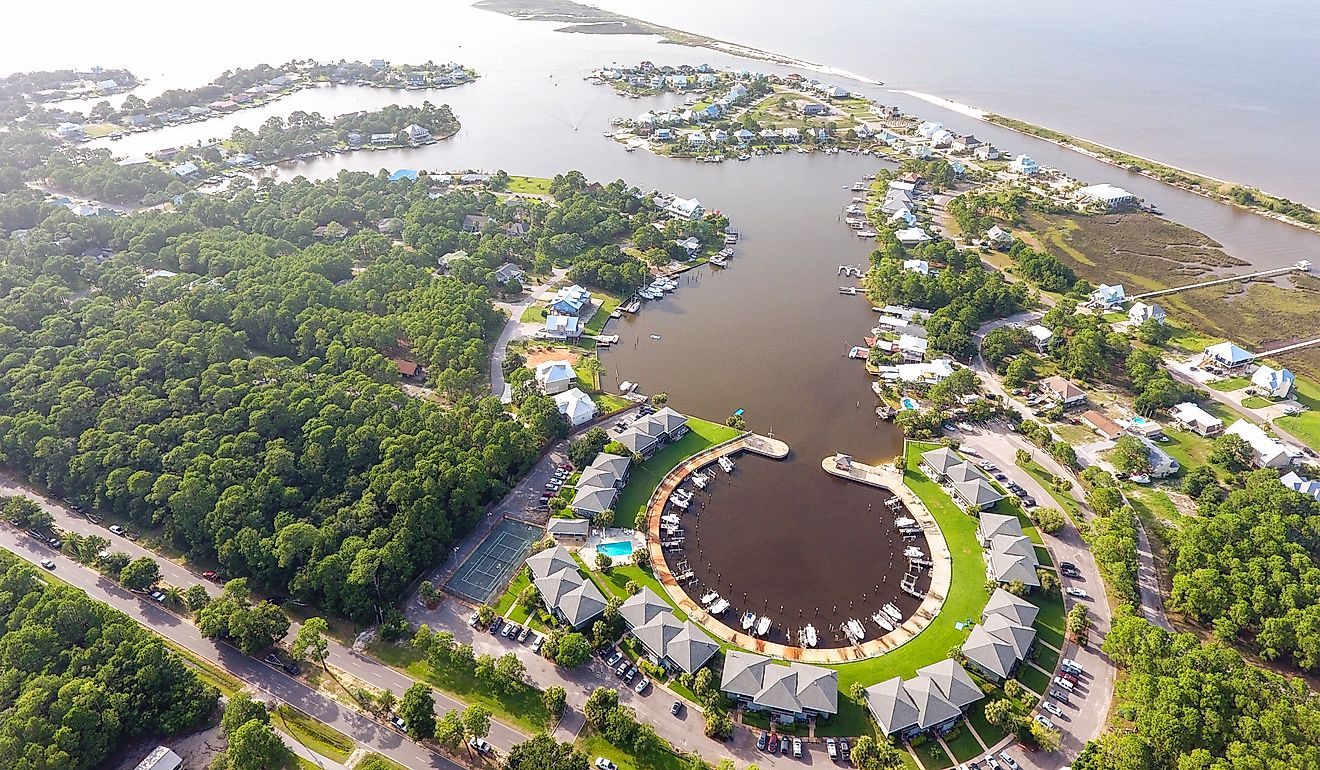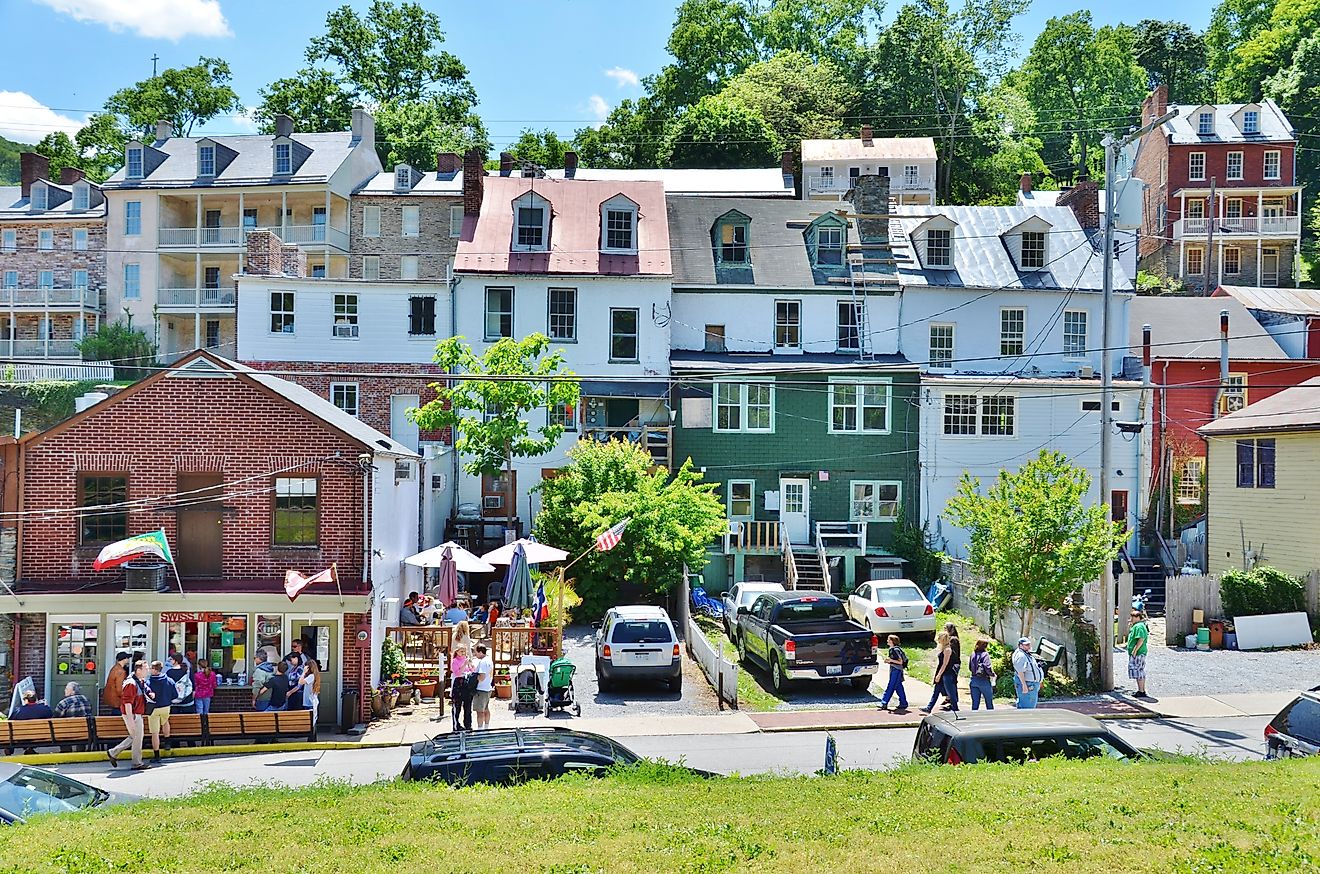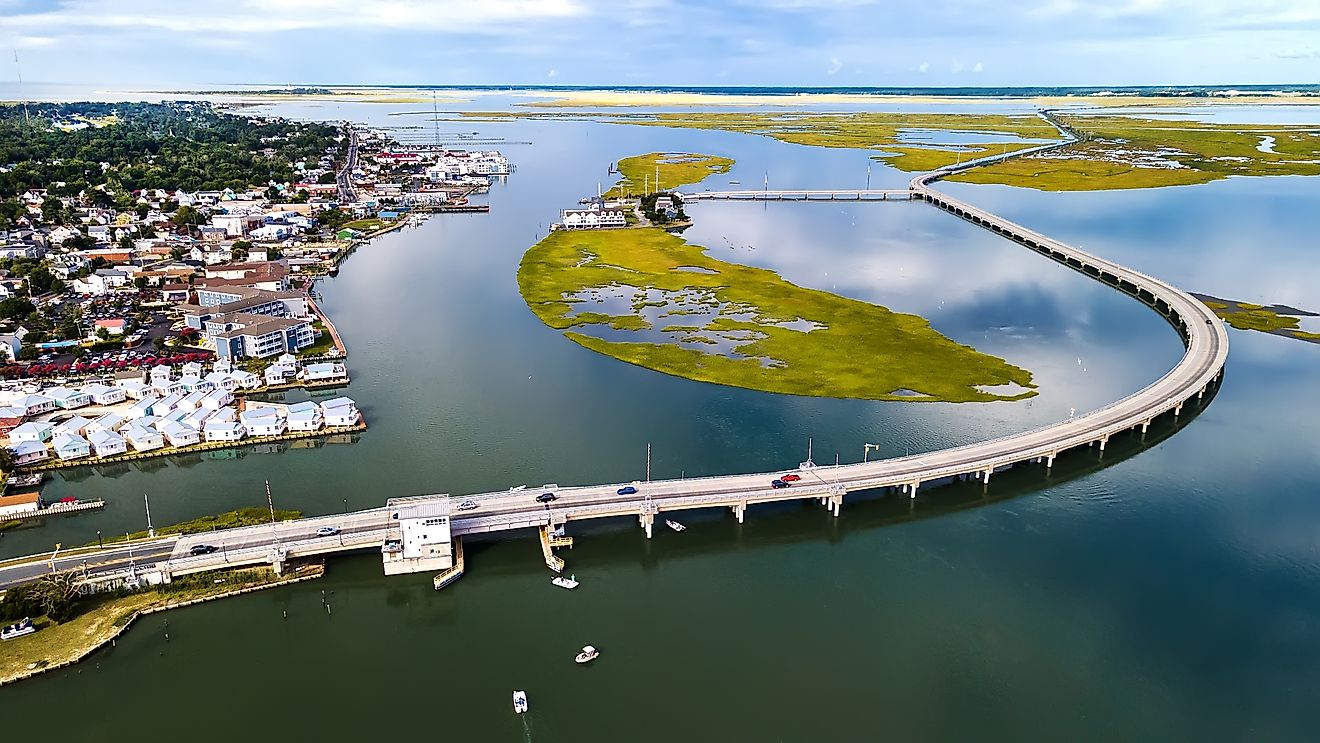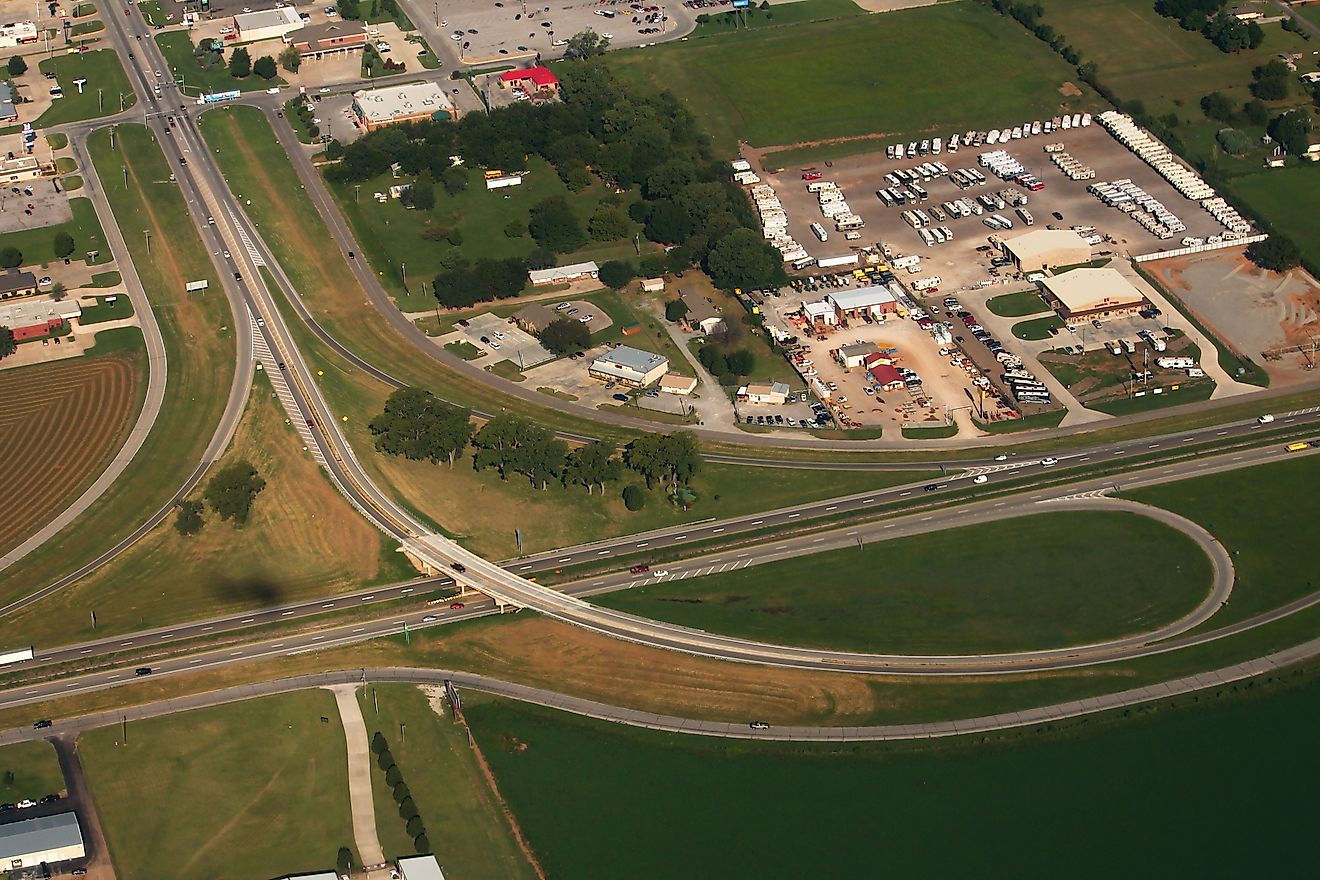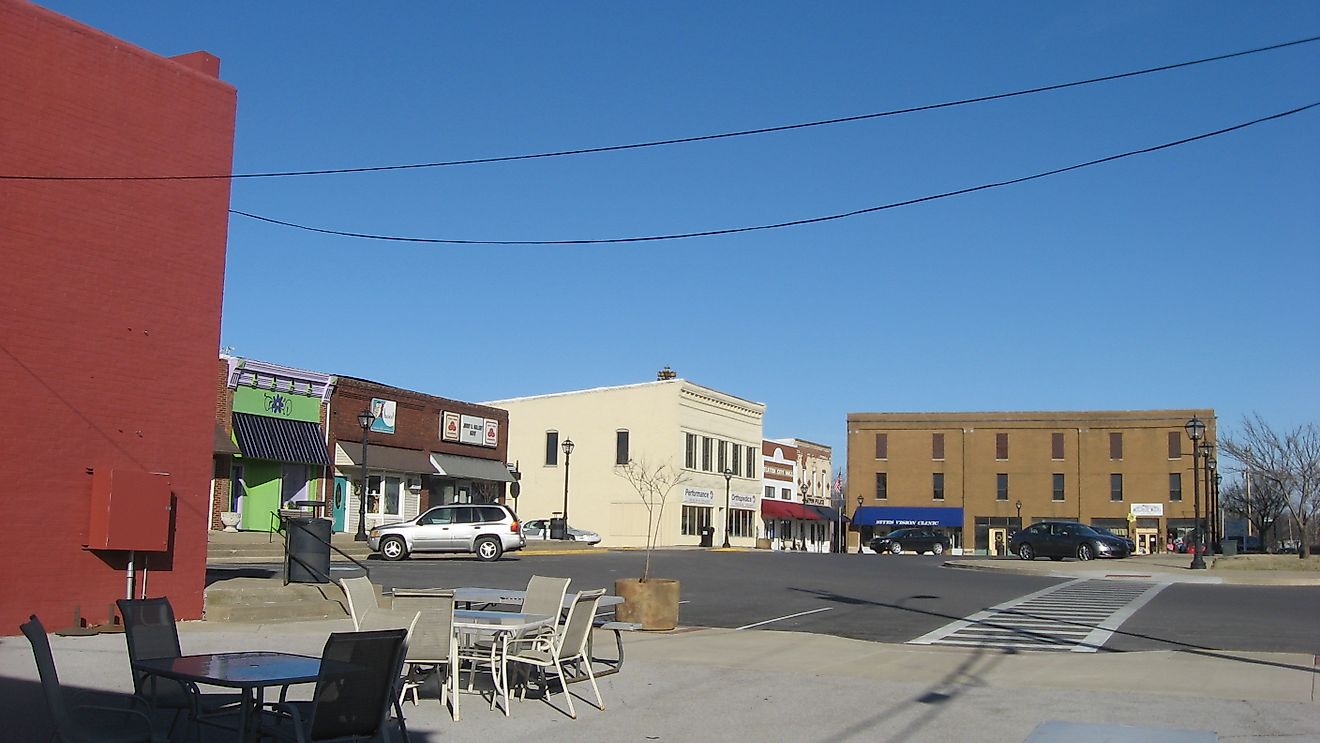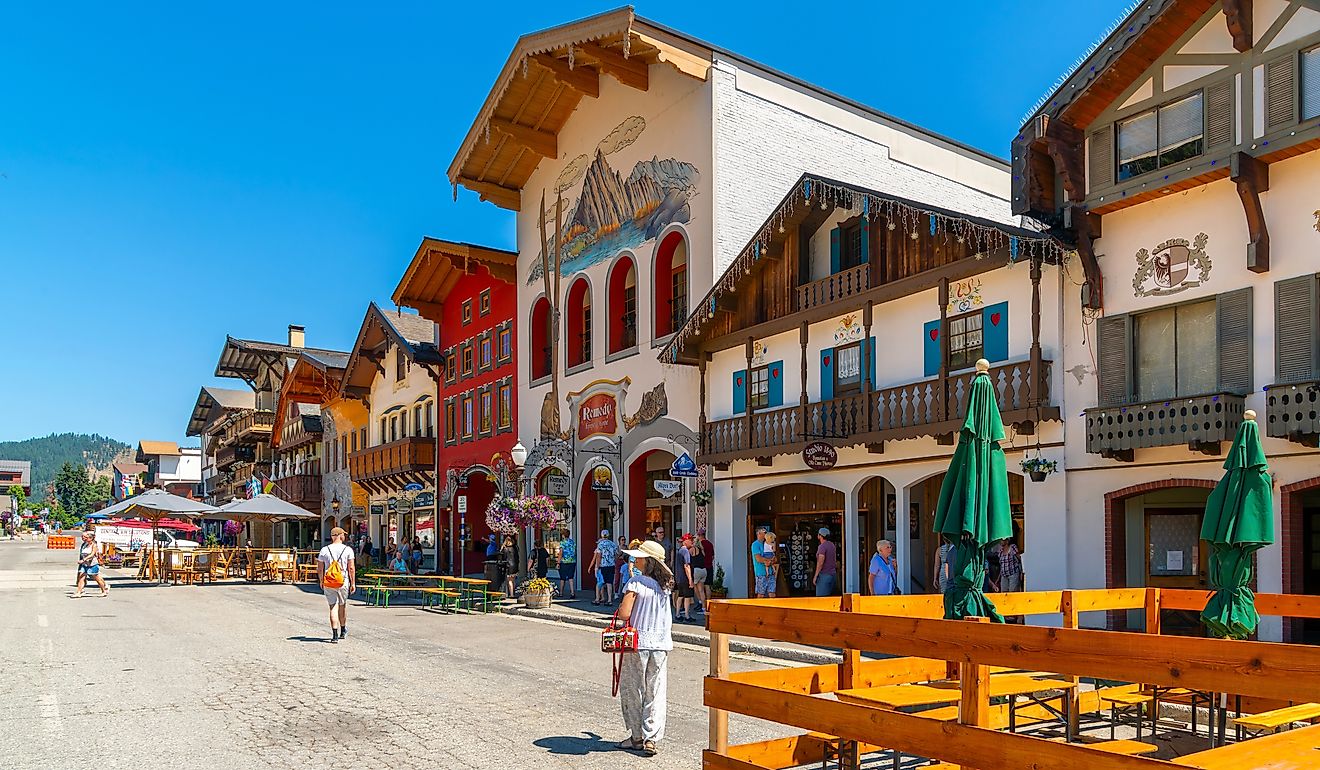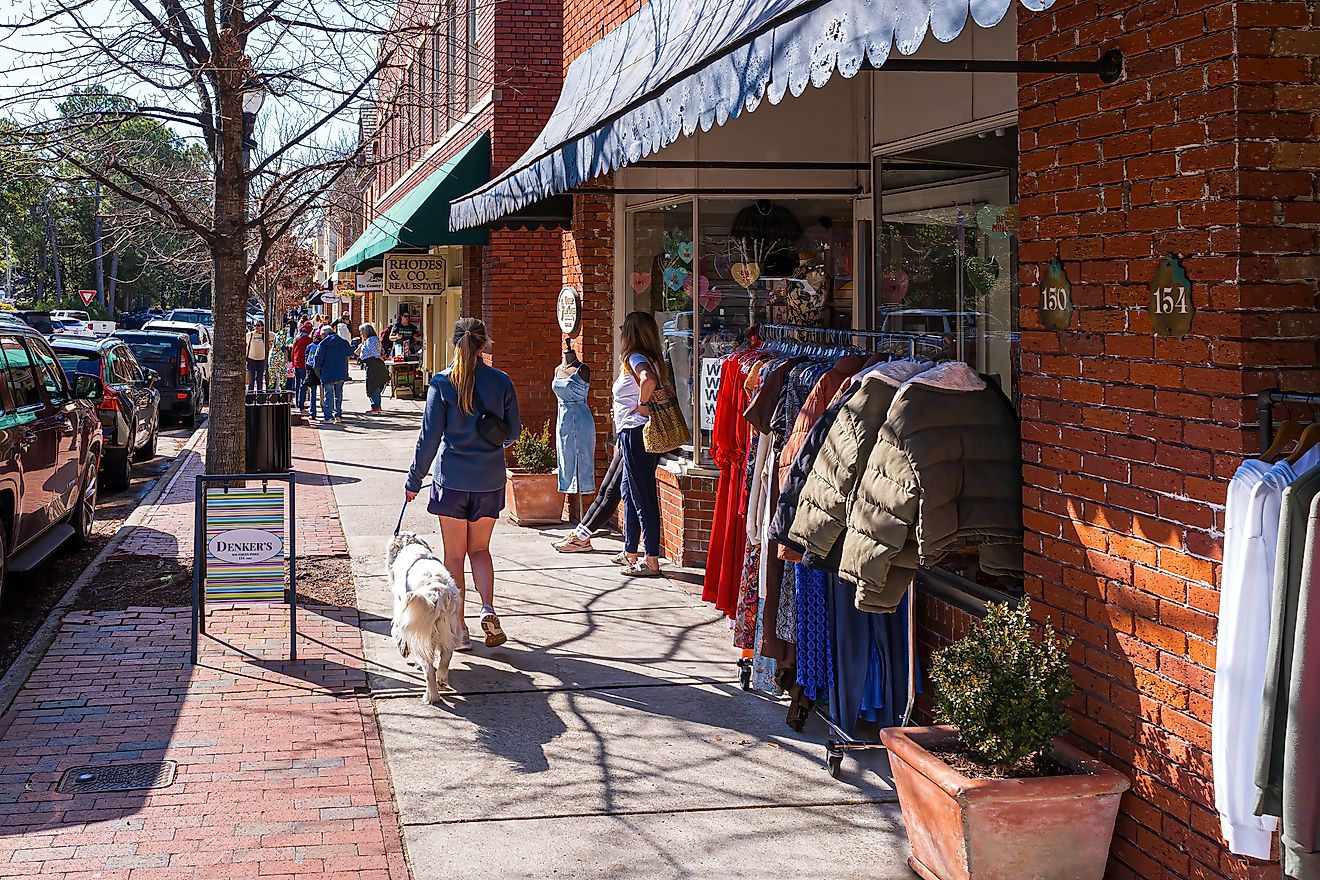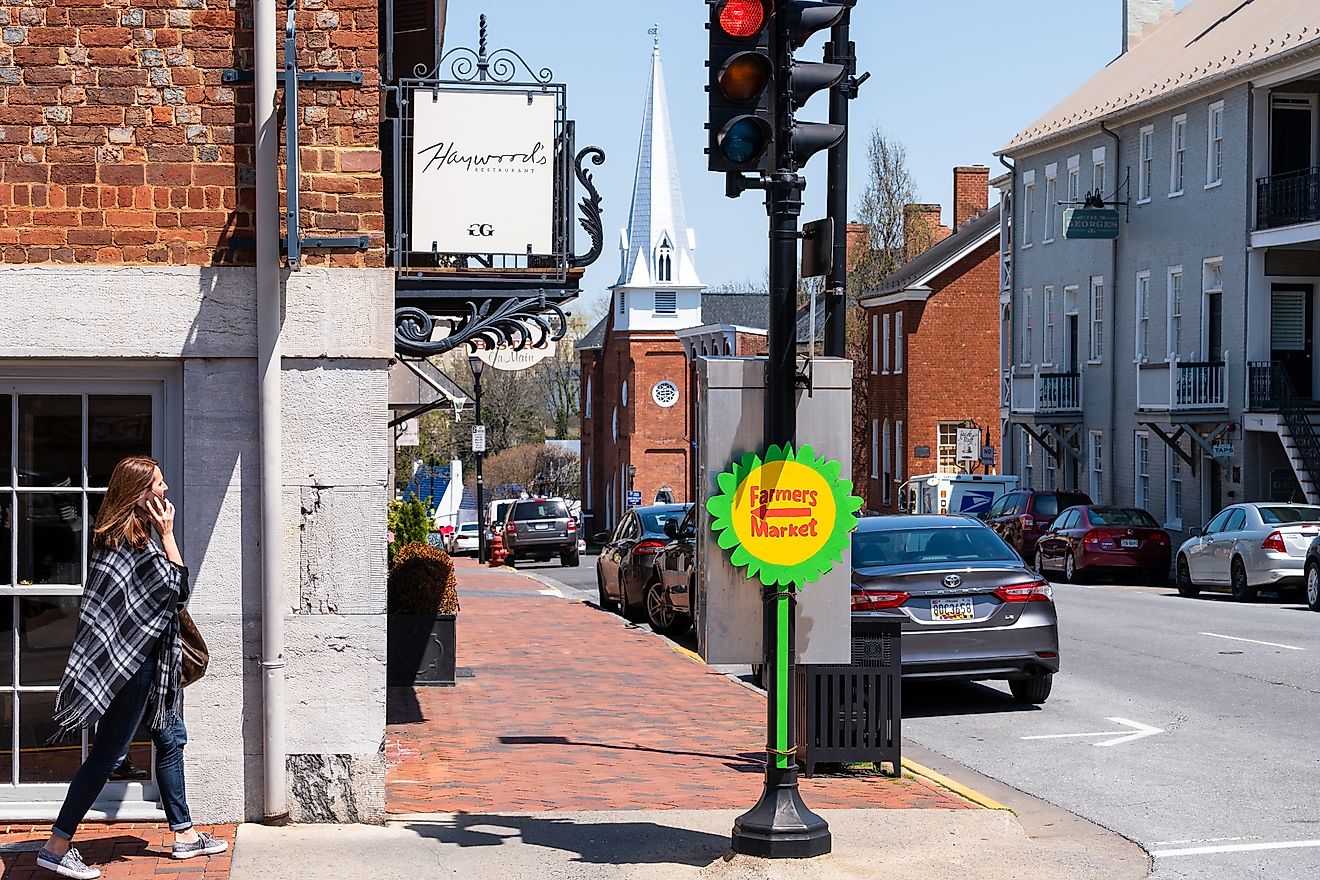The Major Cities Of Benin
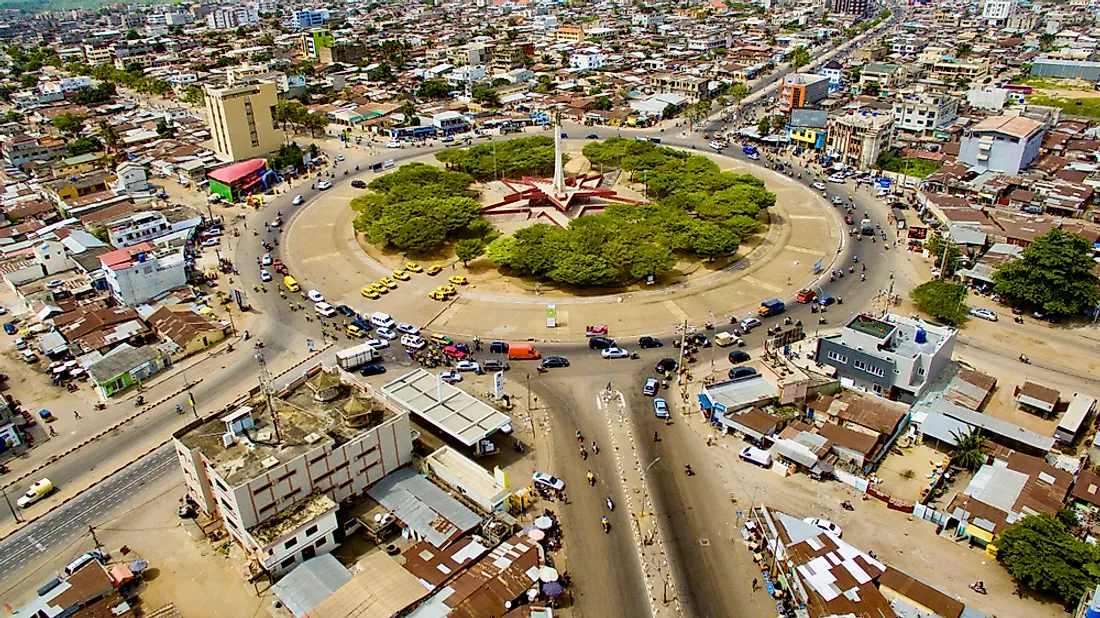
Benin is a West African nation that is bordered by Togo, Nigeria, Burkina Faso, and Niger. The majority of the population of the nation inhabits the coastal area on the Bight of Benin. The city of Porto-Novo is the capital of Benin, but Cotonou is the biggest city, and also the seat of government. The country occupies an area of 114,763 square km and houses a population of 10.88 million as of 2015. French is the country’s official language, and Roman Catholics constitute the largest religious group in the country. In this article, we enlist the biggest cities in the country and discuss the major features of Benin’s three largest cities.
Benin's Three Largest Cities
Cotonou
Cotonou is Benin’s most populous city and the country’s economic center. The city is located between the Atlantic Ocean and Lake Nokoué in the southeastern part of the country. The city is also the seat of government in the country, but not the formally declared capital city. Several important buildings like the Cotonou Stadium, the Ancien Pont Bride, Cotonou Central Mosque, Dantokpa Market, etc., are part of this city. The Port of Cotonou is one of West Africa’s most significant ports. There is also the Cotonou International Airport that connects the city to major capital cities in the region and France.
Cotonou is a thriving center of commerce and a major transport hub. The city also hosts a free trade zone in the interior that allows the landlocked Saharan states to exchange goods. All is not good, and high rates of corruption and illegal trade plagues the city. Two-thirds of the industries of Benin are in Cotonou, and so are the headquarters of the major financial enterprises and banks of the country. Motor vehicles, petroleum products, iron, bauxite, textiles, cement, etc., are the major items manufactured in Benin.
Porto-Novo
Porto-Novo, encompassing an area of 110 square km, is the capital city of Benin. The port was initially developed to serve as a port to facilitate the slave-trade. The port city is located in an inlet of the Gulf of Guinea. Although it is the formal capital of the country and is the seat of the national legislature, the seat of government is actually in Cotonou. The region surrounding Porto-Novo produces kapok, cotton, and palm oil. Petroleum is also exported from the port of this city. The city houses a major cement factory, a major bank of the country, and the Ouando Market. The city is mostly inhabited by the Ogu, and the Yoruba people.
Parakou
Parakou is eastern Benin’s biggest city and the Borgou Department’s capital. The city is located on the RNIE 2, the primary north-south highway of Benin. The city is a major market town and industrial center. Cotton and textiles, brewing, and peanut oil manufacturing are the major industries of Parakou. The Grand Marché Azeke is the biggest market in the city and sells an incredible variety of goods. Several other marketplaces dot the city. The city was inhabited by various ethnic groups over time due to its role as a major trade center, and even today, Parakou continues to attract people from different parts of the country.
The Major Cities Of Benin
| Rank | City | Population |
|---|---|---|
| 1 | Cotonou | 818,100 |
| 2 | Porto-Novo | 234,300 |
| 3 | Parakou | 227,900 |
| 4 | Djougou | 206,500 |
| 5 | Bohicon | 164,700 |
| 6 | Kandi | 149,900 |
| 7 | Abomey | 126,800 |
| 8 | Natitingou | 119,900 |
| 9 | Lokossa | 111,000 |
| 10 | Ouidah | 97,000 |
